Search
Search Results
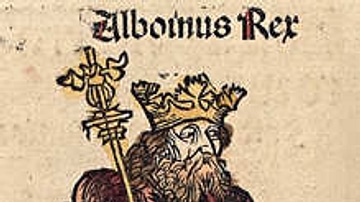
Image
Alboin from the Nuremberg Chronicle
Alboin from the Nuremberg Chronicle, 1493 CE, Bavarian State Library
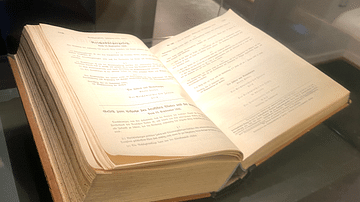
Image
Book of Nuremberg Laws
A book containing the Nuremberg Laws, a set of race and citizenship laws for Jewish people and German citizens which were created in Nazi Germany in September 1935. Part of an exhibition at the Oslo Center for Studies of the Holocaust and...
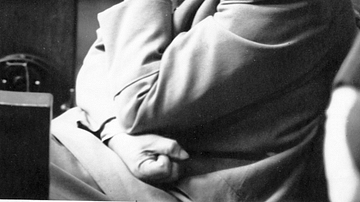
Image
Hermann Göring, Nuremberg Trials
A photograph of the leading Nazi Hermann Göring (1893-1946) at the Nuremberg Trials of 1945-6. (Harry S. Truman Library & Museum)
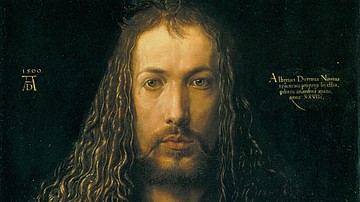
Definition
Albrecht Dürer
Albrecht Dürer (1471-1528 CE) was a German Renaissance artist who is considered one of the greatest painters and engravers in history. A native of Nuremberg, Dürer was famous in his own lifetime at home and abroad for his oil paintings, altarpieces...

Definition
Adolf Eichmann - The Notorious Nazi War Criminal
Adolf Eichmann (1906-1962), a lieutenant-colonel in the Nazi SS, was responsible for organising the transportation of Jewish people and other victims of Nazism to concentration, labour, and death camps. Eichmann played a key role in the Holocaust...
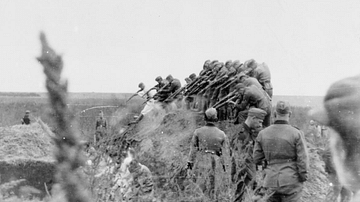
Definition
Einsatzgruppen - The Nazi Killing Squads of WWII
Einsatzgruppen ('deployment groups') were secret Nazi killing units, who systematically sought out and murdered civilians identified as enemies of the Third Reich. Operating without any legal restrictions in territories newly conquered by...
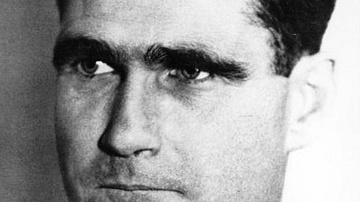
Definition
Rudolf Hess
Rudolf Hess (1894-1987) was deputy leader of the German Nazi Party and a key figure in the fascist regime of Adolf Hitler (1889-1945) until his bizarre decision in 1941 to fly to Scotland. Hess believed he could persuade Britain to withdraw...

Definition
Alfred Rosenberg - The Infamous Nazi Race Theorist
Alfred Rosenberg (1893-1946) was an Estonian-born Nazi who propounded anti-Semitic racial theory and anti-Christian values. Rosenberg's theories matched those of the leader of Nazi Germany Adolf Hitler (1889-1945) and were used to justify...
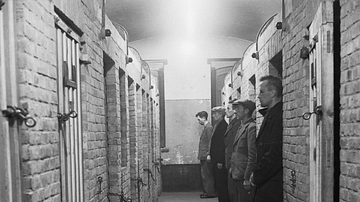
Definition
Gestapo
The Gestapo was the secret political police organisation of Nazi Germany. Created in 1933, the Gestapo became one of the most feared instruments of state terror, its members having few or no legal restrictions to their actions. The Gestapo...
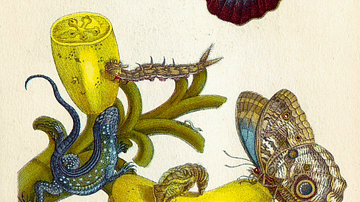
Article
Women Scientists in the Scientific Revolution
Women scientists during the Scientific Revolution (1500-1700) were few in number because male-dominated educational institutions, as well as scientific societies and academies, barred women entry, meaning that few had the education or opportunity...